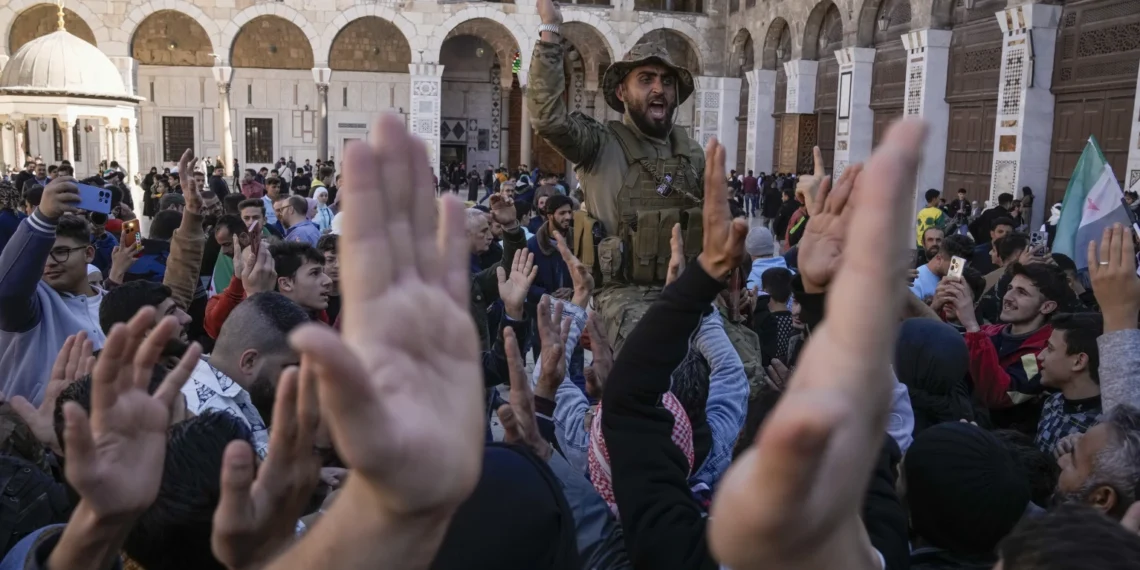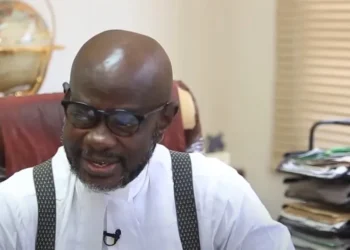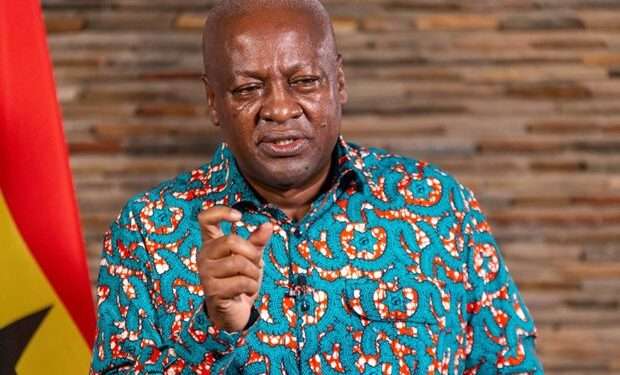Thousands of Syrians gathered on Friday, December 13, 2024, in Damascus’ main square and a historic mosque for the first Muslim Friday prayers since former President Bashar Assad was overthrown, a major symbolic moment for the country’s dramatic change of power.
Huge crowds, including some insurgents, packed Damascus’ historic Umayyad Mosque in the capital’s old city, many waving the rebel opposition flag — with its three red stars — which has swiftly replaced the Assad-era flag with with its two green stars.
According to Arab TV stations, the Friday sermon was delivered by Mohammed al-Bashir, the interim Prime Minister installed by HTS this week.
The mosque, one of the world’s oldest dating back some 1,200 years, is a beloved symbol of Syria, and sermons there like all mosque sermons across Syria had been tightly controlled under Assad’s rule.
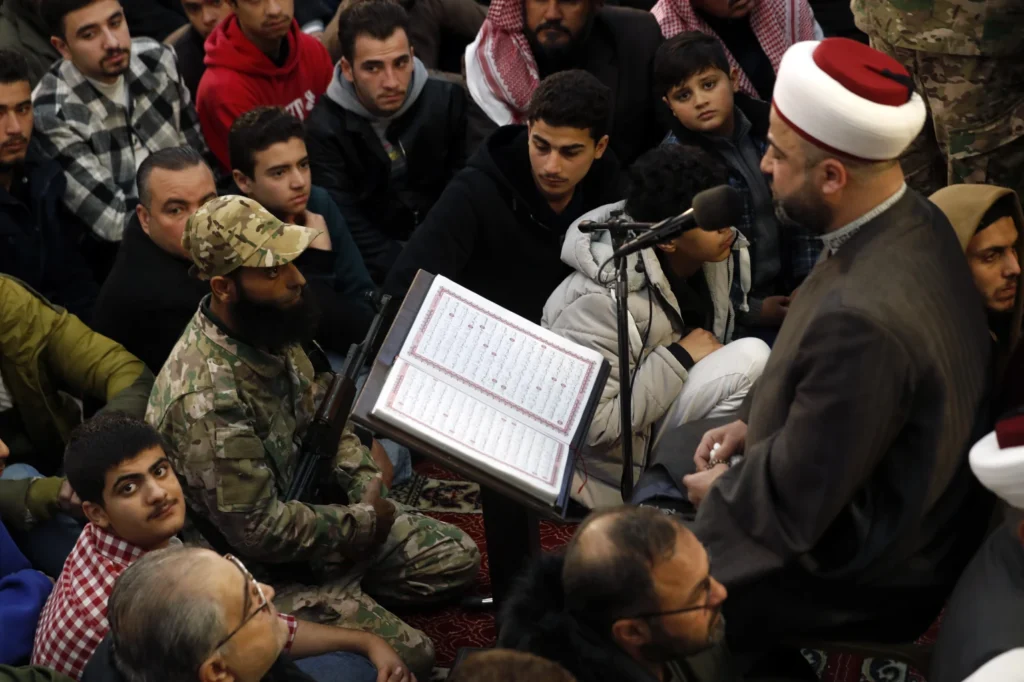
Also, in the early days of the anti-government uprising in 2011, protesters would leave Friday prayers to march in rallies against Assad — before he launched a brutal crackdown that turned the uprising into a long and bloody civil war.
The main insurgent force, Hayat Tahrir al-Sham, has been working to establish security and start a political transition after seizing Damascus early Sunday.
The group has tried to reassure a public both stunned by Assad’s fall and concerned over extremist jihadis among the rebels. The insurgents’ leadership says it has broken with its extremist past, though HTS is still labeled a terrorist group by the United States and European countries.
HTS’s leader, Ahmad al-Sharaa, formerly known as Abu Mohammed al-Golani, appeared in a video message on Friday congratulating “the great Syrian people for the victory of the blessed revolution.”
“I invite them to head to the squares to show their happiness without shooting bullets and scaring people and then after we will work to build this country and as I said in the beginning, we will be victorious by the help of God.”
Ahmad al-Sharaa
Blocks away in Damascus’ biggest roundabout, named Umayyad Square, thousands gathered, including many families with small children — a sign of how, so far at least, the country’s transformation has not seen violent instability.
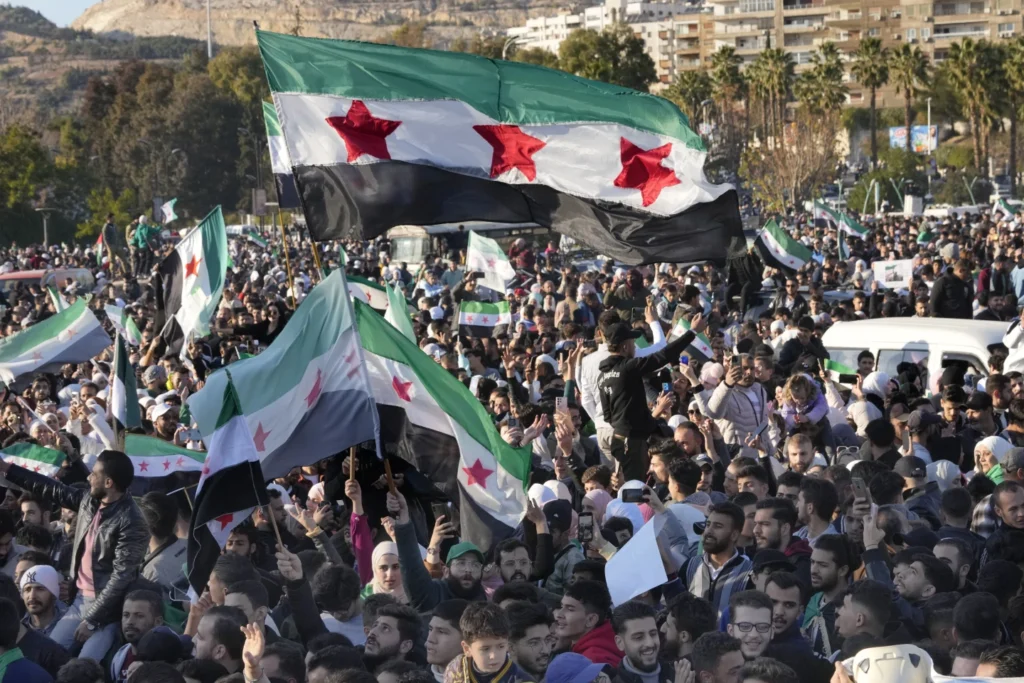
“Unified Syria to build Syria,” the crowd chanted. Some shouted slurs against Assad and his late father, calling them pigs, an insult that would have previously led to offenders being hauled off to one of the feared detention centers of Assad’s security forces.
Similar scenes of jubilation took place in major cities across Syria, including in Aleppo, Homs, Hama, Latakia and Raqqa.
Dozens of children have crossed with their parents into Syria, their home country, using the Cilvegozu crossing, following the removal of longtime ruler Bashar al-Assad.
Syrians Continue Desperate Search For Disappeared Loved Ones
However, Aya Majzoub, deputy regional director for the Middle East and North Africa at Amnesty International, stressed that many Syrian families are waging a difficult fight for answers since the ouster of al-Assad.
Majzoub wrote in a post on X, “Only a fraction of the 100,000+ missing have been released” since the Syrian government fell.
She said that families are scouring hospitals and prisons “for any clue – docs, bodies, inscriptions on walls – desperately trying to piece together what happened.”
READ ALSO: Ablakwa Slams NPP Over Electoral Loss, Calls for Accountability

